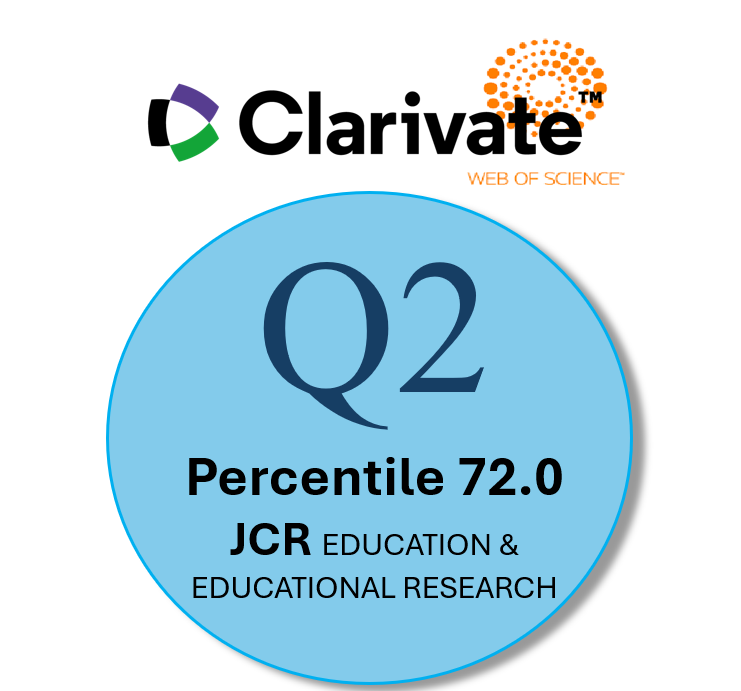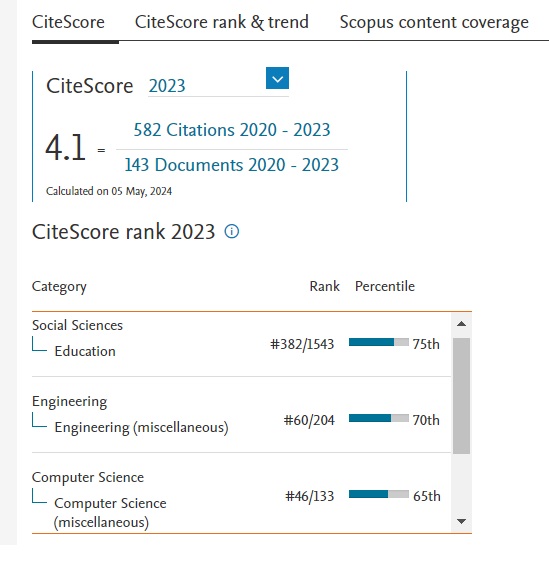Reproducción, crítica, expresión y cooperación: la danza del escritor en un mundo intertextual
Resumen
Es evidente que la escolarización comienza con la presentación a los estudiantes de textos académicos que transmiten ricas herencias y conocimientos culturales. Pero no todo lo que nuestros antepasados transmitieron consiste en la verdad última, precisa, aplicable o confiable en todos los casos. Tampoco el conocimiento es un fin en sí mismo. Las palabras con autoridad entran en conflicto entre sí, tienen límites y conllevan ideologías e intereses. Nosotros y nuestros estudiantes tenemos que convertirnos sabiamente en críticos y escépticos a través del análisis y de la argumentación crítica. Pero también necesitamos desarrollar nuestros propios puntos de vista, incorporando nuestras experiencias, perspectivas, necesidades e intereses. La educación en escritura puede fomentar la búsqueda de nuestras voces y la elaboración de nuestras ideas y puntos de vista. Incluso, un paso más adelante es compartir y cooperar con otros como parte de los esfuerzos comunitarios para ampliar el conocimiento, construir comunidad, participar en instituciones y organizaciones. La educación en escritura puede ayudar a los estudiantes a trabajar dentro de los sistemas de género y actividad para hacer sus contribuciones únicas desarrollando su pensamiento, sentimiento e identidad dentro de nuestro complejo mundo social intertextual.
Descargas
-
Resumen579
-
PDF 619
Citas
Bazerman, C. (1981). The informed writer: Using sources in the disciplines. Boston: Houghton Mifflin, 1981; 1985; 1989; 1992; 1995.
Bazerman, C. (1997). Involved: Writing for college, writing for your self. Boston: Houghton Mifflin.
Bazerman, C. (2006). The writing of social organization and the literate situating of cognition: Extending Goody’s social implications of writing. In D. Olson & M. Cole (Eds.), Technology, literacy and the evolution of society: Implications of the work of Jack Goody (pp. 215-240). Mahwah, NJ: Erlbaum.
Bazerman, C. (Ed.) (2008). Handbook of research on writing: History, society, school, individual, text. Mahwah, NJ: Erlbaum.
Bazerman, C. (2017). What do humans do best? Developing communicative humans in the changing socio-cyborgian landscape. In S. Logan & W. Slater (Eds.), Perspectives on academic and professional writing in an age of accountability. Carbondale: Southern Illinois University Press.
Bazerman, C., Applebee, A., Berninger, V., Brandt, D., Graham, S., Jeffery, J. V., Kei Matsuda, P., Murphy, S., Rowe, D., Schleppegrell, M., & Wilcox, K. C. (2018) Lifespan development of writing abilities. Urbana IL: NCTE Press.
Brandt, D. (2015). The Rise of writing: Redefining mass literacy. Cambridge: Cambridge University Press.
Brooks-Gillies, M., Garcia, E G., Kim, S. H., Manthey, K. & Smith, T. G. (Eds.). (2020). Graduate writing across the disciplines: Identifying, teaching, and supporting. The WAC Clearinghouse; University Press of Colorado.
Damasio, A. (2010). Self comes to mind: Constructing the conscious brain. Pantheon.
Damasio, A. (2018). The strange order of things: Life, feeling, and the making of cultures. Pantheon.
Eodice, M., Geller, A. E., & Lerner, N. (2016). The meaningful writing project. Utah State University Press.
Goody, J. (1986). The logic of writing and the organization of society (Studies in Literacy, the Family, Culture and the State). Cambridge: Cambridge University Press. doi:10.1017/CBO9780511621598
Hjortshoj, K. (2001). Understanding writing blocks. New York: Oxford University Press.
MacArthur, C., Graham, S. & Fitzgerald, J. (Eds.) (2015), Handbook of writing research, 2nd Ed. Guilford.
Schmandt-Besserat, D. (1997). How writing came about. Austin: University of Texas Press, 1997
Smagorinsky, P. (2006). Research on composition: Multiple perspectives on two decades of change. New York: Teachers College Press.
Simpson, S., Caplan, N. A., Cox, M. & Phillips, T. (Eds.) 2016. Supporting Graduate Student Writers: Research, Curriculum, and Program Design. Ann Arbor: University of Michigan Press.
Tomasello, M. (2019). Becoming human: A theory of ontogeny. Harvard University Press.
Vygotsky. L.S. (1978). Mind in society: The development of higher psychological processes Harvard University Press.
Whitehurst, G. & Lonigan, C. (1998). Child development and emergent literacy. Child Development, 69, 3, 848-872.
Derechos de autor 2023 Revista de Educación a Distancia (RED)

Esta obra está bajo una licencia internacional Creative Commons Atribución-NoComercial 4.0.
Las obras que se publican en esta revista están sujetas a los siguientes términos:
1. El Servicio de Publicaciones de la Universidad de Murcia (la editorial) conserva los derechos patrimoniales (copyright) de las obras publicadas, y favorece y permite la reutilización de las mismas bajo la licencia de uso indicada en el punto 2.
2. Las obras se publican en la edición electrónica de la revista bajo una licencia Creative Commons Reconocimiento-NoComercial-SinObraDerivada 3.0 España (texto legal). Se pueden copiar, usar, difundir, transmitir y exponer públicamente, siempre que: i) se cite la autoría y la fuente original de su publicación (revista, editorial y URL de la obra); ii) no se usen para fines comerciales; iii) se mencione la existencia y especificaciones de esta licencia de uso.
3. Condiciones de auto-archivo. Se permite y se anima a los autores a difundir electrónicamente las versiones pre-print (versión antes de ser evaluada) y/o post-print (versión evaluada y aceptada para su publicación) de sus obras antes de su publicación, ya que favorece su circulación y difusión más temprana y con ello un posible aumento en su citación y alcance entre la comunidad académica. Color RoMEO: verde.














